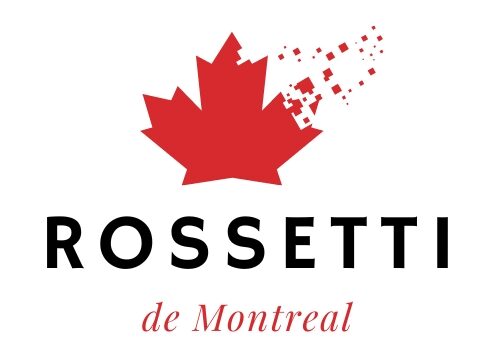Psychoeducational assessments play a crucial role in understanding and addressing learning and cognitive challenges. These evaluations provide a comprehensive overview of an individual’s cognitive abilities, academic skills, and psychological functioning. They help diagnose learning disabilities, developmental disorders, and other issues affecting educational performance.
For more detailed insights into these assessments, visit https://royalyorkpsychology.com/.
What is a Psychoeducational Assessment?
A psychoeducational assessment is a detailed evaluation conducted by a psychologist. It combines psychological testing with educational assessments to understand an individual’s learning processes. The goal is to identify areas of strength and weakness, offering a clear picture of how a person processes information and performs academically.
These assessments typically involve a series of standardized tests and interviews. The process evaluates cognitive functions like memory, attention, and problem-solving skills. It also assesses academic skills such as reading, writing, and math abilities.
Why are Psychoeducational Assessments Important?
Psychoeducational assessments are vital for several reasons:
- Accurate Diagnosis: They help in diagnosing learning disabilities, ADHD, and other cognitive disorders.
- Individualized Learning Plans: Results guide educators in developing tailored teaching strategies.
- Effective Interventions: They inform appropriate interventions and accommodations, enhancing academic success.
- Emotional Support: Understanding one’s learning challenges can provide emotional relief and clarity.
The Assessment Process
The psychoeducational assessment process involves several steps:
- Initial Consultation: This step involves discussing concerns and setting assessment goals.
- Testing: Standardized tests measure cognitive and academic abilities. This may include IQ tests, achievement tests, and other specialized assessments.
- Interviews: Interviews with the individual, parents, and teachers provide additional context and insights.
- Report: A comprehensive report summarizes findings, diagnoses, and recommendations for intervention.
Using Assessment Results Effectively
Once the assessment is complete, the results are used to develop tailored educational plans and interventions. For students with learning disabilities, this might include specialized teaching methods or classroom accommodations. The insights gained also help in setting realistic academic goals and tracking progress over time.
The recommendations from psychoeducational assessments can also aid parents and educators in understanding how to best support the student’s learning and emotional needs. Effective communication of these results ensures that the necessary adjustments and supports are in place.
Final Thoughts
Psychoeducational assessments are a powerful tool in diagnosing and addressing educational and cognitive challenges. They provide valuable insights that guide interventions and support strategies, ultimately enhancing learning outcomes and personal well-being.

